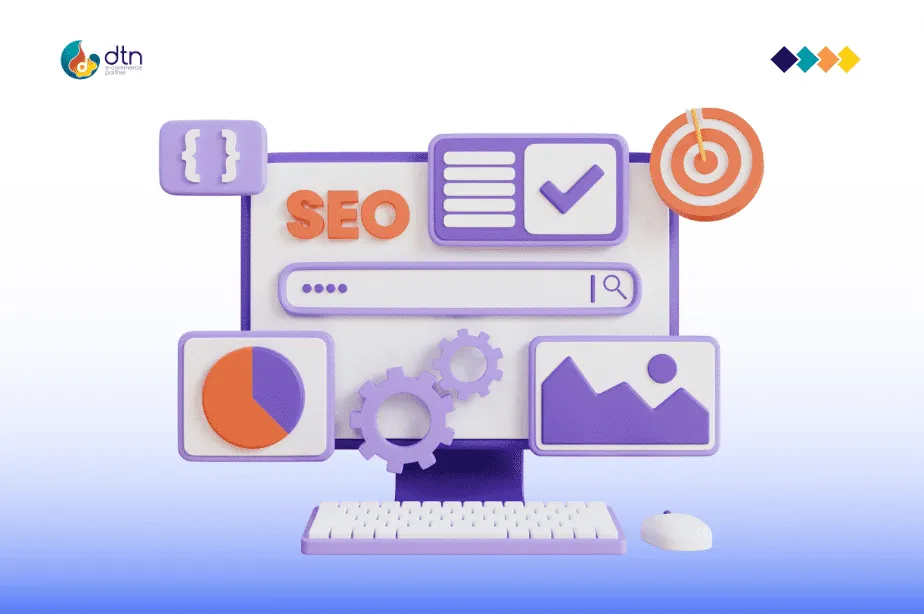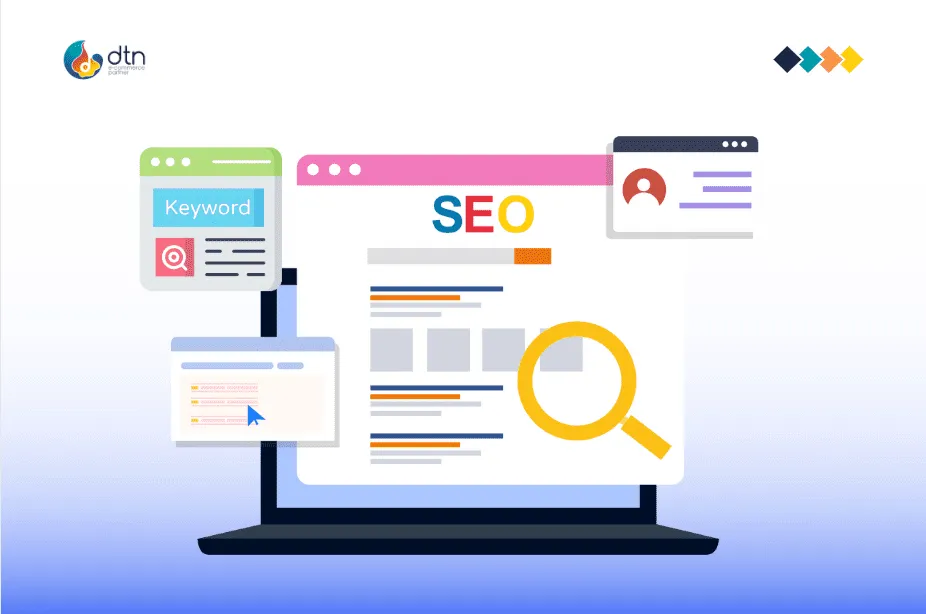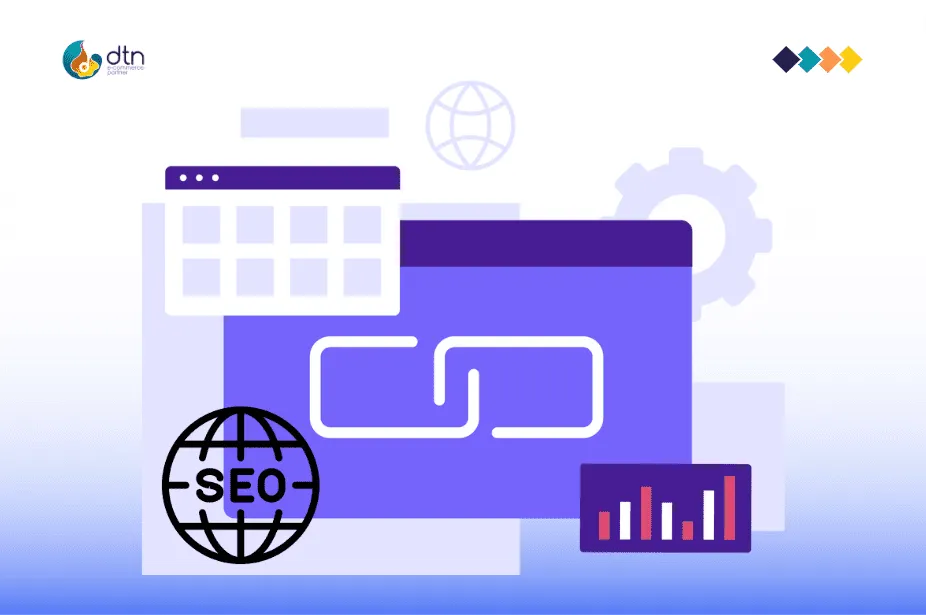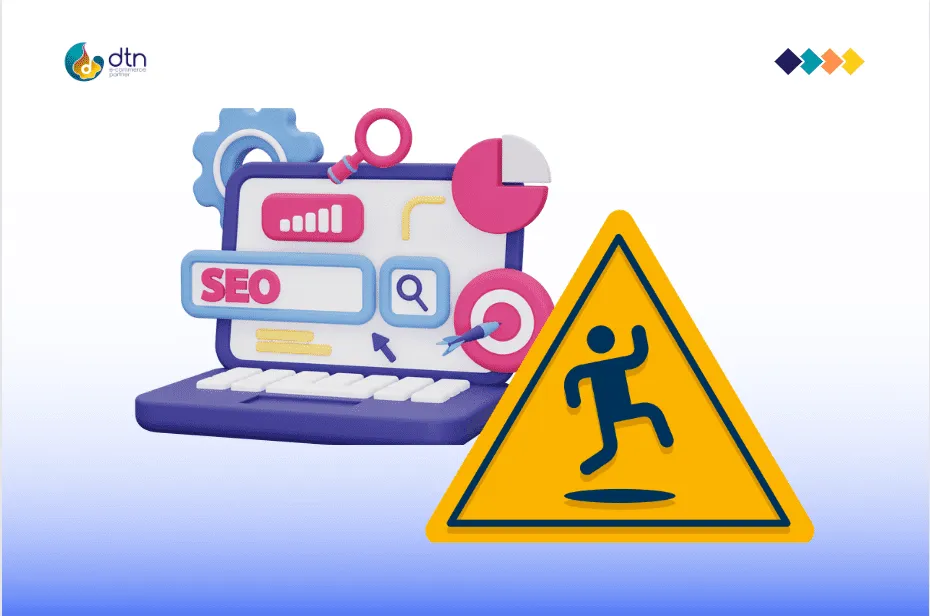In today’s digital age, E-commerce has become a powerhouse in the retail industry. As more businesses move their operations online, the competition in the E-commerce space continues to intensify. To stay ahead in this crowded arena, mastering the art of E-commerce SEO best practices is imperative. This comprehensive guide will delve into the significance of SEO for E-commerce websites and provide you with a roadmap for success.
Table of Contents
1. Introduction to E-commerce SEO
This section introduces the fundamental concepts of E-commerce SEO. It covers the basics of how search engines work and why E-commerce SEO is crucial for online businesses, setting the stage for the rest of the guide.
- Understanding the Basics
- Why E-commerce SEO Matters
Demystifying E-commerce SEO: A Vital Tool for Online Success

2. Keyword Research and Selection
In this section, we explore the critical process of finding the right keywords for your E-commerce website. Learn how to identify high-value keywords, leverage long-tail keywords, and gain insights from competitor analysis to enhance your SEO strategy.
- Identifying High-Value Keywords
- Long-Tail Keywords for E-commerce
- Competitor Analysis
SEO for E-commerce: A Simple Guide to Finding the Right SEO Keywords

3. On-Page Optimization
Discover the art of optimizing individual pages on your E-commerce website. This includes crafting SEO-friendly product descriptions, fine-tuning product titles and meta tags, and optimizing images for better search engine visibility.
- Crafting SEO-Friendly Product Descriptions
- Optimizing Product Titles and Meta Tags
- Image Optimization
Unlocking Success with On-Page Optimization for Your E-Commerce Website

4. Website Structure and Navigation
A user-friendly website structure is essential for both search engines and visitors. Explore the importance of an intuitive interface, mobile responsiveness, and the creation of an XML sitemap for improved navigation.
- Importance of a User-Friendly Interface
- Mobile Responsiveness
- Creating an XML Sitemap
Building a Strong Foundation: The Role of Website Structure and Navigation in SEO

5. Technical SEO
Dive into the technical aspects of SEO, including website speed and performance optimization, the use of schema markup tailored for E-commerce, and how to address and fix crawl errors effectively.
- Website Speed and Performance
- Schema Markup for E-commerce
- Fixing Crawl Errors
Navigating the waters of Technical SEO: Speed, Schema, and Crawl Errors

6. Content Marketing for E-commerce
Content is king in the digital world. Learn how to use blogging for SEO, encourage product reviews and user-generated content, and implement a video content strategy that engages and informs your audience.
- Blogging for SEO
- Product Reviews and User-Generated Content
- Video Content Strategy
SEO content marketing for e-commerce: The Power Trio – Blogging, Reviews, and Videos

7. Link Building Strategies
Building high-quality backlinks can significantly impact your E-commerce SEO. Discover effective strategies for acquiring authoritative backlinks, utilizing internal linking, and avoiding harmful black-hat SEO techniques.
- Building High-Quality Backlinks
- Internal Linking for SEO
- Avoiding Black Hat SEO Techniques
Boost Your E-commerce SEO: The Art of Link Building

8. Social Media Integration
Uncover the power of social media in E-commerce SEO. Learn how to leverage social platforms to increase brand visibility, understand the role of social signals in SEO, and encourage social sharing of your content.
- Leveraging Social Media for E-commerce
- The Important Role of Social Signals in SEO
- Encouraging Social Sharing
Mastering Social Media Integration: Supercharge SEO for E-commerce Websites

9. Analytics and Measurement
Setting up Google Analytics is essential for tracking your E-commerce SEO efforts. This section covers how to monitor keyword rankings, track conversions, and gather valuable insights to refine your strategy.
- Setting Up Google Analytics
- Monitoring Keyword Rankings
- Conversion Tracking
The Potential of E-commerce SEO Analytics and Measurement: Are you missing out on it?

10. E-commerce SEO Pitfalls to Avoid
Be aware of common pitfalls, including issues related to duplicate content, neglecting mobile optimization, and overlooking local SEO. Understanding these challenges is key to avoiding them.
- Duplicate Content Issues
- Ignoring Mobile SEO
- Overlooking Local SEO
E-commerce SEO: Steer Clear of Common SEO Pitfalls

11. Future Trends in E-commerce SEO
Stay ahead of the curve by exploring emerging trends in E-commerce SEO. Learn about the importance of voice search optimization, the role of AI and machine learning, and the impact of visual search.
- Voice Search Optimization
- AI and Machine Learning in SEO
- The Impact of Visual Search
Future Trends in E-commerce SEO

12. The Power of User Experience
User experience plays a pivotal role in E-commerce success. Discover how personalization, customer reviews and ratings, and strategies for reducing cart abandonment rates can enhance the user experience on your website.
- Personalization for E-commerce
- Customer Reviews and Ratings
- Reducing Cart Abandonment Rates
The Impact of User Experience in E-commerce SEO

13. SEO and E-commerce Platforms
Choosing the right E-commerce platform is crucial. This section provides insights into selecting the most suitable platform, optimizing content management systems (CMS) for SEO, and utilizing plugins and extensions effectively.
- Choosing the Right E-commerce Platform
- CMS for SEO
- Plugins and Extensions
A Guide to SEO E-commerce Platforms that actually works

14. Staying Updated with Google Algorithms
Understand the ever-changing landscape of search engine algorithms. Learn how to navigate algorithm updates, recover from penalties, and choose between white-hat and black-hat SEO techniques to ensure long-term SEO success.
- Navigating Algorithm Updates
- Recovery from Penalties
- White-Hat vs. Black-Hat SEO
Staying Ahead in the SEO Game: Mastering SEO Google Algorithms

Conclusion
In the dynamic world of E-commerce, staying ahead of the competition requires a deep understanding of SEO best practices. This comprehensive guide has illuminated the critical role SEO plays in the success of E-commerce websites. By implementing the strategies and techniques outlined here, you can enhance your website’s visibility, attract more organic traffic, and ultimately increase your sales and revenue.
Remember that E-commerce SEO is an ongoing process that evolves with changing algorithms and consumer behaviors. To maintain your competitive edge, stay informed about industry trends, adapt to emerging technologies, and consistently refine your SEO strategies.
Now, let’s address some common questions about E-commerce SEO.
Frequently Asked Questions
FAQs on SEO for E-commerce Websites
1. What is the primary goal of E-commerce SEO?
The primary goal of E-commerce SEO is to improve the visibility of an online store in search engine results pages (SERPs). By optimizing your website for relevant keywords and enhancing its overall user experience, you can attract more organic traffic and increase sales.
2. How long does it take to see results from E-commerce SEO efforts?
The time it takes to see noticeable results from E-commerce SEO can vary depending on factors like the competitiveness of your industry and the quality of your SEO strategies. Typically, it could require a few months before notable enhancements in rankings and website traffic become evident.
3. What are some common E-commerce SEO mistakes to avoid?
Common E-commerce SEO mistakes to avoid include neglecting mobile optimization, using duplicate content, relying on black-hat SEO techniques, and ignoring local SEO. It’s essential to follow best practices and stay updated with search engine algorithm changes.
4. Is it necessary to hire an SEO expert for E-commerce websites?
While hiring an SEO expert can be beneficial, many E-commerce store owners successfully manage their SEO efforts in-house. The key is to stay informed about SEO best practices and consistently implement them on your website.
5. What role does social media play in E-commerce SEO?
Social media can indirectly impact E-commerce SEO by driving traffic to your website and increasing brand visibility. When users engage with your content on social platforms, it can lead to more backlinks and shares, which can positively influence SEO.



